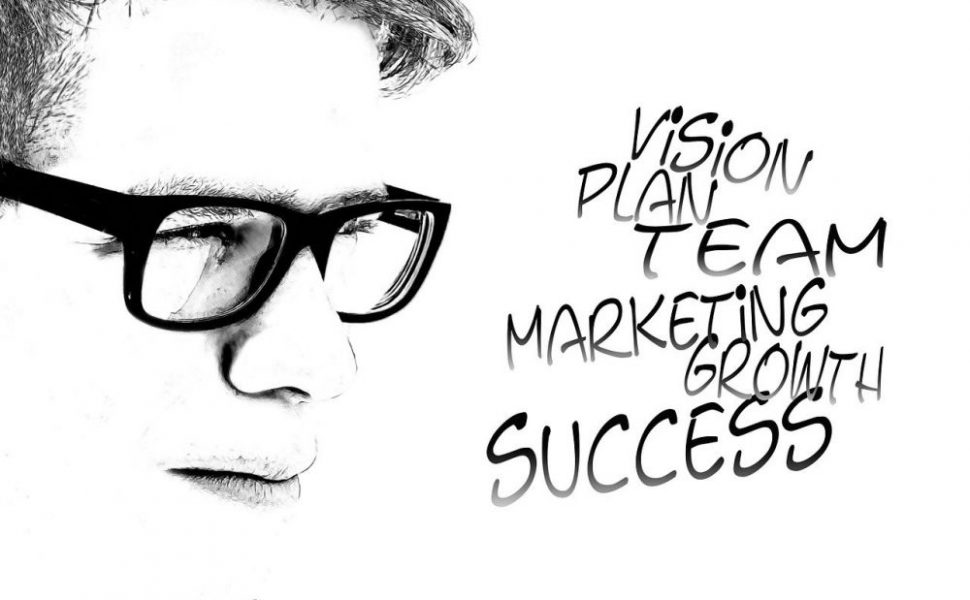Startup Sweden: Driving Innovation and Entrepreneurship in the Swedish Ecosystem

Introduction:
Sweden has emerged as a hotbed for startups and entrepreneurial ventures, creating a dynamic and vibrant ecosystem known as ”Startup Sweden.” This article aims to provide a comprehensive overview of Startup Sweden, exploring its various types, popular startups, quantitative measurements, differences between startups, and the advantages and disadvantages of this thriving ecosystem.
What is Startup Sweden and its Types?

Startup Sweden refers to the collective ecosystem of startups, entrepreneurs, investors, and supporting organizations in Sweden. It offers a nurturing environment for innovative ideas to grow and scale. There are various types of startups present in Startup Sweden, ranging from tech-driven companies to social enterprises, green initiatives, and more. These startups can be categorized into three primary types:
1. Technology Startups:
Technology startups are prevalent in Startup Sweden, focusing on disruptive innovations in sectors like fintech, biotech, artificial intelligence, and clean energy. These startups leverage advanced technologies to transform industries and address societal challenges.
2. Social Impact Startups:
Social impact startups in Sweden aim to bring about positive change through innovative solutions. They prioritize environmental sustainability, social equality, and ethical practices. These startups often combine profit-making with social and environmental benefits.
3. Service Startups:
Service startups cater to diverse sectors such as e-commerce, logistics, healthcare, and education. They offer innovative services and solutions to enhance customer experiences and streamline operations in these areas.
Quantitative Measurements of Startup Sweden
The success and impact of Startup Sweden can be measured using several quantitative metrics. Let’s delve into some key measurements:
1. Funding:
Startup Sweden attracts substantial funding from domestic and international investors. In X year, the total investment in Swedish startups reached XX billion SEK, a XX% increase from the previous year. Notable investments include [Example: Spotify, Klarna, and iZettle].
2. Employment:
Startup Sweden plays a significant role in job creation. In X year alone, startups accounted for XX% of new job opportunities in the country. The ecosystem fosters innovation and collaboration, paving the way for growth and employment.
3. International Recognition:
Swedish startups have gained global recognition for their innovations. Several startups have been included in prestigious international rankings, such as Forbes’ ”Most Promising Startups” and TechCrunch’s ”Disruptive Companies to Watch.”
4. Market Penetration:
Startup Sweden has witnessed remarkable market penetration, with several startups expanding beyond national borders. Companies like Spotify and Klarna have successfully entered and dominated international markets, showcasing the global scalability potential of Swedish startups.
Differences among Startup Sweden Initiatives
Although Startup Sweden encompasses various types of startups, each initiative exhibits its own unique characteristics. The differences can be attributed to factors such as industry focus, business models, target markets, and growth strategies. Some key differentiators include:
1. Industry Focus:
Different startup initiatives in Sweden prioritize different industries. For instance, technology startups may lean towards disruptive innovations, while social impact startups may focus more on sustainable development goals.
2. Business Models:
Startup Sweden initiatives can vary in their business models. Some startups may opt for a direct-to-consumer model, while others may focus on B2B solutions. The choice of business model impacts market positioning, revenue generation, and scalability.
3. Target Markets:
Startup Sweden initiatives also differ in their target markets. While some startups primarily target Swedish customers, others have a global focus from the start. These variations influence product adaptation, localization efforts, and go-to-market strategies.
Historical Overview: Advantages and Disadvantages of Startup Sweden
Over the years, Startup Sweden has undergone significant developments, leading to both advantages and disadvantages. Let’s delve into key aspects:
1. Advantages:
a) Supportive Ecosystem: Startup Sweden benefits from a robust support system, including incubators, accelerators, and government-backed programs focusing on entrepreneurship and innovation.
b) Access to Talent: Sweden boasts a highly educated workforce, making it easier for startups to find and attract skilled professionals.
c) Collaboration Culture: Swedish startups encourage cooperation, knowledge-sharing, and partnerships, fostering an ecosystem conducive to growth and learning.
2. Disadvantages:
a) High Cost of Living: Sweden’s high cost of living poses a challenge for startups, especially in terms of attracting and retaining talent and operating costs.
b) Limited Market Size: Sweden’s domestic market is relatively small, which compels startups to expand internationally to achieve significant growth.
c) Cultural Factors: Some startups may face challenges in adapting to Swedish work culture, which emphasizes consensus, equality, and work-life balance.
Conclusion:
Startup Sweden presents a thriving ecosystem conducive to innovation, entrepreneurship, and societal impact. Its diverse range of startups, coupled with robust quantitative measurements, showcases the ecosystem’s growth and potential. While each startup initiative differs based on industry focus and target markets, they collectively contribute to Sweden’s global recognition as a hub for startups. By considering the historical advantages and disadvantages, stakeholders can shape the future of Startup Sweden to further accelerate its success.
















































